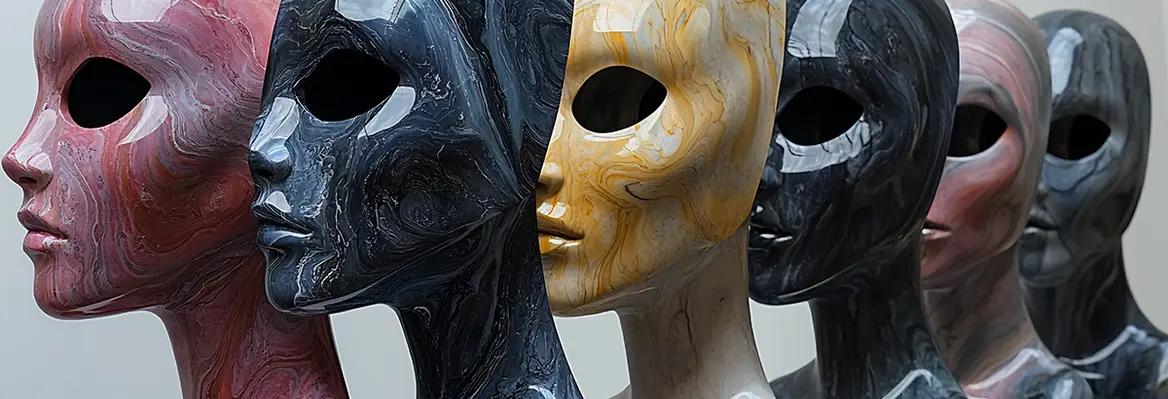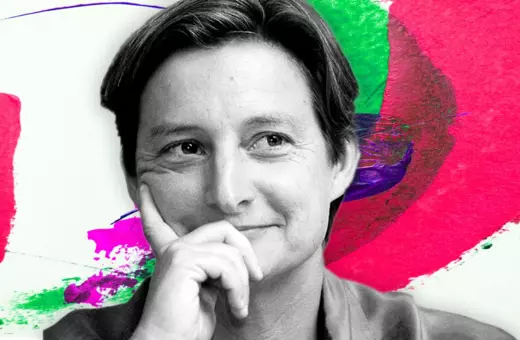Are gender and sexuality genetically determined, or do we construct and perform them? For too long, debates about gender and sexuality have swung between the idea that our identities are biologically fixed and the claim that they’re freely chosen or socially constructed. Philosopher of gender and sexuality Helga Varden offers a striking alternative. Drawing on Kant’s theory of human nature, she argues that gender and sexuality aren’t chosen or hardwired – they emerge from the inner texture of our conscious, embodied experience of the world.
Simone de Beauvoir’s (1949) The Second Sex was nothing less than a philosophical revolution in the philosophy of sex, love and gender. When I started studying philosophy in the 1990s, over forty years after its publication, the theory that spoke the most directly to me was still Beauvoir’s. I loved teaching it and my students loved learning it.
Today, one of the reasons I believe Beauvoir’s framework was so important for me is that I belong to the LGBTQIA+ community. My identity as a part of this community doesn’t track generationally in the ways that identities based on family, community, race, gender, or ethnicity do. Hence, I needed a theory that put the individual at the center of the analysis, one that treats each individual as having dignity and as being deserving of respect. To illustrate this point, notice that the weight of an oppressed identity shared by groups that are intergenerational in nature – such as those who inherit identities as, for instance, Black, women, or Jewish – results from each member of these groups understanding and feeling not only their own oppression but also that of those who went before them. In contrast, LGBTQIA+, as well as disabled, people pop up in any family, in any society – they are not intergenerational identities – and, so, the weight of these identities is characterized by a sense of profound loneliness. Indeed, one’s family and community may disown rather than love you because of who you are. Thus, Beauvoir’s framework was attractive to me, I think, because of how her existentialist philosophy spoke to these aspects of myself.
___
On Beauvoir’s theory, one cannot capture philosophically what makes gender or sexual identity existentially important to some people.
___
I also gravitated toward Beauvoir, I believe, because, although Immanuel Kant was my lodestar regarding many philosophical topics, on sex, love and gender his works are somewhere between immature and plain terrible. Nevertheless, I eventually realized there was a serious blind spot in Beauvoir’s framework. A student once raised their hand during a discussion of Beauvoir to ask: “What about me?” This student was trans and had started transitioning – and her transition could not be properly theorized within Beauvoir’s framework. On Beauvoir’s theory, one cannot capture philosophically what makes gender or sexual identity existentially important to some people, indeed, why it is that some are not able to live as who they are without transitioning.
I realized that there isn’t a philosophical theory that can explain this – and, for that matter, available theories also cannot explain that it is existentially important to be gay, lesbian, non-binary, intersex, asexual, straight, queer, bisexual, or cis for some people to be who they are.





















Join the conversation